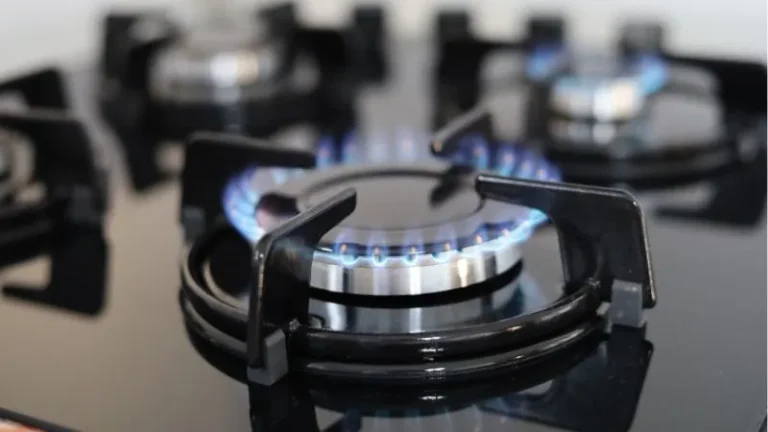Following the announcement of the Turnbull Government’s National Energy Guarantee, PIAC’s Energy and Water Consumers’ Advocacy Program (EWCAP) has called for the interests of people, not coal, to be kept at the centre of the debate on energy reliability and emissions.
‘We welcome the government’s commitment to a long-term plan to maintain energy reliability and we look forward to working with the Energy Security and COAG Energy Council on the details,’ said EWCAP Team Leader, Craig Memery.
‘While people want their energy supply to be reliable, they also understand that this comes at a cost. Years of gold-plating of our poles-and-wires has seen energy become unaffordable and some balance needs to be restored to the system. We must seek a level of reliability that is both acceptable and affordable for consumers.
‘Meeting rolls royce reliability standards would mean huge increases in energy bills’, added Craig Memery. ‘The investment needed to avoid one minute per year of blackout could cost energy users a billion dollars in the long term. While nobody likes a blackout, we need draw a line somewhere, because the alternative for people who can’t afford their bills is disconnection.’
‘The proposed NEG draws this line by working to the existing Reliability Standard, that allows about 10 minutes per year of outages from shortfalls in generation. This will be critical to avoiding more gold-plating on an energy system that consumers already can’t afford.’
But more needs to be done to ensure a sustainable energy system in the longer term.
‘The real test for the plan will be whether it results in sustainable solutions being deployed, rather than more of the same. This means looking forward to clean energy, as well as demand response, where energy users are paid to voluntarily reduce demand during peak times, and more energy storage, such as batteries, to balance out supply and demand. It means better use of hydro and gas generation to fill the gaps. It doesn’t mean looking backwards to more expensive, dirty and inflexible sources of energy like coal.’
‘Today’s announcement recognises the value people place on reliability, and the role of capacity in the market to achieve that. The next step is to recognise the value people place on clean energy, and the high cost of failing to act now on climate change, with long term certainty of measures to promote renewable energy. If the Government won’t take this step, they need to stop blocking the path so that states and territories can get on with the journey of cleaning our energy system.’
‘PIAC looks forward to working with the Energy Security Board (ESB) and COAG Energy Council as it develops the proposed mechanism. Some questions still need to be answered, such as:
- how to ensure that the firmer capacity supported from the mechanism is dispatched when needed to meet demand;
- who will be the winners and losers;
- how the mechanism will work without discouraging new entrants to the energy retail market;
- how the needs and positions of different states and territories are taken into account; and
- what are the best monitoring, compliance and enforcement options for the regulator.
‘There are a number of questions raised by the emissions-focussed part of the plan too, and the ESB’s engagement with key stakeholders will be key to understanding how the design and operation of the mechanism will best address these.’
MEDIA CONTACT: PIAC Media and Communications Manager, Gemma Pearce: 0478 739 280 or EWCAP Team Leader, Craig Memery 0412 223 203.

Watch: Challenging Injustice in Community Housing